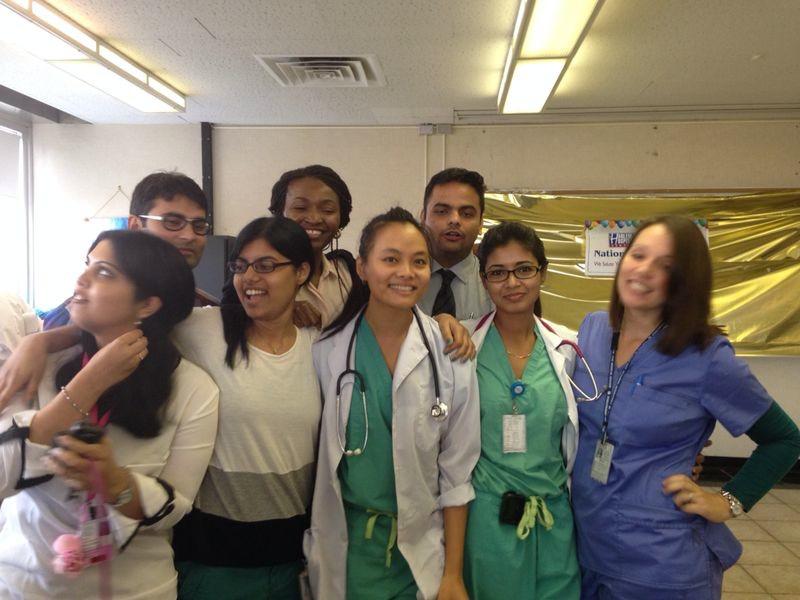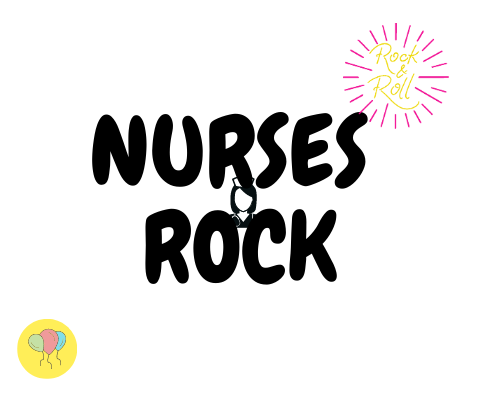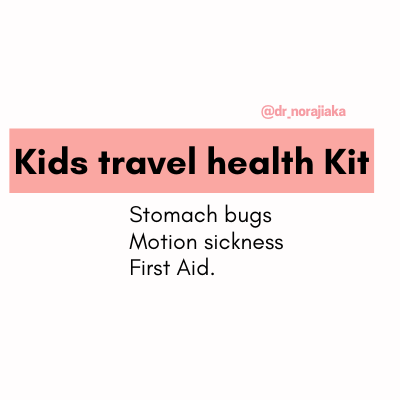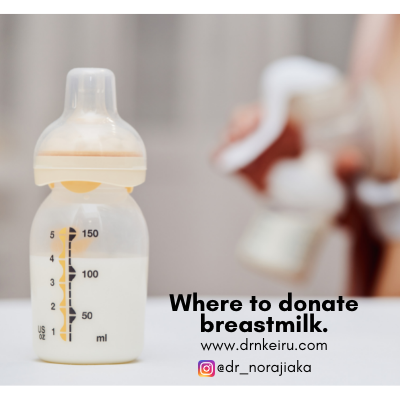
YOU GOT THIS FAR ALREADY.
YOU BELONG HERE.
BELIEVE IT!
I am an international medical graduate (IMG) and migrated to the US for my residency.
I remember the first day I arrived to my residency program (6 years ago).
Orientation had started and I struggled against time to get through paper work and signatures before obtaining my residency ID just in time for my shift.
Without a stable accommodation at the time, I lived in a hotel for a full week before I secured a sub-lease from a mutual friend who was moving out. Navigating all those while trying to settle for a challenging residency was not easy.
Clinically, I didn’t think I was ready too. As an older graduate, who had been out of clinical practice for a few years, I was a little rusty compared with my intern counterparts, most of whom had graduated.

I had to ‘brush up’ my medical knowledge, presentation skills and procedures a lot
It was definitely tough and required me to invest extra time but it helped in the end
Migrating to a different country and learning a new place and system won’t be easy but can be done.
Here’s my 2 cents of advice:
- Have a growth mindset if you don’t already have one. I knew I had a gap but also knew I had to learn to close my gap. Never think you already know enough. There’s always a WHOLE lot more to learn
- Spend the time studying ahead of time. You not only become smarter, you sound smarter when you speak with your attendings. Read up every case you see.
- Show up to work early. You don’t want to struggle with few minutes trying to catch up on a patient’s overnight events.
- Practice your presentations. Do it multiple times until your presentation flows. I graduated for medical school years ago and worked in non-training clinical and non-clinical settings before I began residency. I had not done presentations in a while so I practiced so many times. Quick tip: As an attending now, I love when residents present without paper jots.
- Chose any opportunity for presentation in huge crowds. It’ll make you improve. Remember to eat when food is offered during conferences

- Ask and ask again. You only learn when you ask. No question is a bad question (actually scratch that). It’s a bad question if you could easily find it by doing a little research. So, do your research first, then ask for more explanations.
- Focus on the patient, listen to the patient, advocate for the patient. It willl always be patients first then electronic medical records later.
- Make the nurses your best friends. They’ll teach you A WHOLE LOT. Remember they’ve done this more than you have and they have trained a lot of residents before you.

- Get a MENTOR if you do not already have one. They make your journey easier and shorter. Aim for someone already on a path you plan to take. If you don’t find that in your program, ask for recommendations from your other attendings
- Find your support and your residency family. You’ll need a shoulder to lean and cry on. You’ll also need that group to relax and unwind


- Celebrate everything when you can. Even if you have to celebrate on a smaller scale over night shifts.


- See the City you live in.
- Don’t be the resident who got stuck in the hospital and had no fun and didn’t see the city. I did residency in NYC and I definitely saw the big apple.
- Make a lot of memories whereever you are.


The begining might be rough, but persrvere, and make it a good story!

You may also like these posts

Did Social Media help me stand out during my PEM Fellowship interview?
how being a social media educator helped me stand out in fellowship application

My sick kids travel kit
My 'Sick' kids travel kit -what's in my kit? (this blog contains affiliate links. Links are at no extra cost to you)Kids can get sick while on vacation and as parents we can only...

Where can you donate breastmilk?
Where to donate your breastmilk.(this blog contains affiliate links. Links are at no cost to you) I had no idea how it worked. I knew people could donate their breastmilk to share with other babies....
Don’t forget to follow me on social media:
